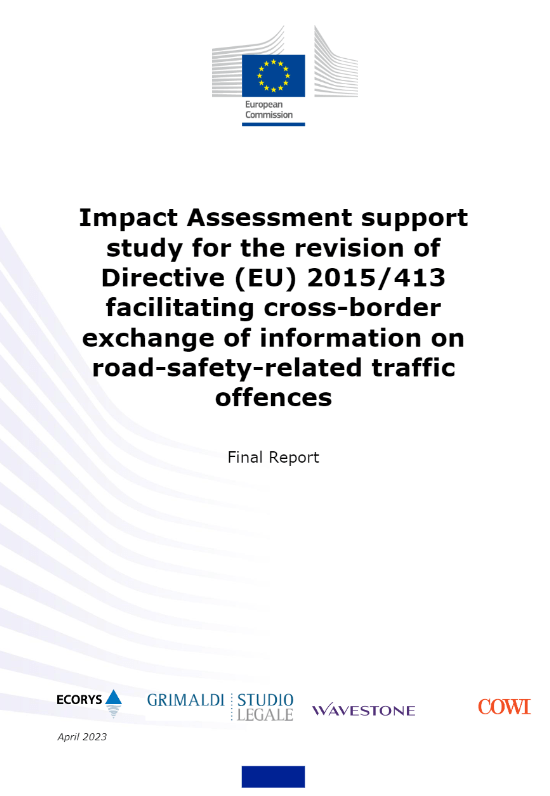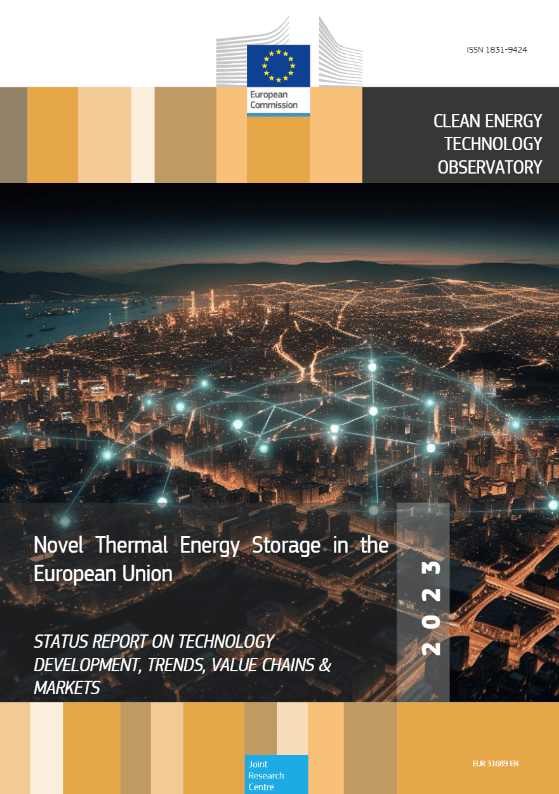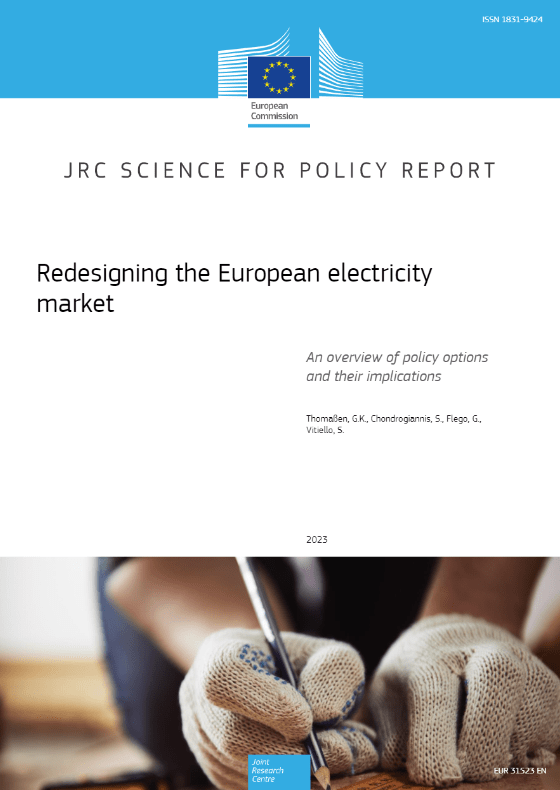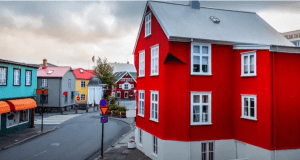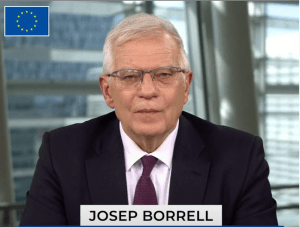
CDE Almería - Centro de Documentación Europea - Universidad de Almería
Centro de Documentación Europea de la Universidad de Almería
Cultura y Educación
Documentación comunitaria en las áreas de Cooperación Internacional Universitaria, Digitalización en el Ámbito Educativo, Espacio Europeo de Educación Superior y Patrimonio Cultural Europeo. Contiene también las últimas noticias, mediateca y boletines relacionados con la materia.
Estás aquí: Fondo Digital CDE > Cultura y Educación

The Impact assessment support study for the revision of Directive (EU) 2015/413 analyses the problems identified in detection of specific road-safety-related traffic offences (‘detection phase’), cross-border investigation (‘investigation phase’) of these offences and cross-border enforcement of imposed sanctions (‘enforcement phase’). Three policy options, including relevant sub-options, are proposed to address the objectives of the revision. The preferred option consists of measures to improve the control of compliance with road-safety-related traffic rules in place and establishes streamlined mutual assistance and recognition procedures between Member States (‘Lex Specialis’) to improve cooperation in the cross-border investigation phase.
[Leer Más]Este informe analiza el estado de la tecnología, la cadena de valor y los mercados de las nuevas tecnologías de almacenamiento térmico de energía (TES).
[Leer Más]Russia’s invasion of Ukraine has sent gas prices to unprecedented highs. These price spikes spilled over to the electricity sector due to the marginal pricing mechanism – which mandates that the highest cleared bid sets the price in each market session. As prices rose much faster than operational costs, the President of the European Commission Ursula von der Leyen announced a complete overhaul of the current market structure in an address to the European Parliament, “adapting it to the new reality of dominant renewables”. The reform proposals that are discussed range from the expansion of market-based instruments to a complete abolishment of marginal pricing, replacing it with pricing based on average production costs. We take up the ongoing discussion to explore possible market architectures. To this aim, we compare two extreme scenarios – a free market and an auction-based monopsony – with the current market architecture based on their ability to deal with energy crunches and to achieve decarbonisation.
[Leer Más]- « Anterior
- 1
- …
- 85
- 86
- 87
- 88
- 89
- …
- 5.922
- Siguiente »
Noticias relacionadas
Boletines CDE
- BOLETÍN INFORMATIVO EDUCACIÓN Y CULTURA EN LA UE (Nº9)
- BOLETÍN INFORMATIVO EDUCACIÓN Y CULTURA EN LA UE (Nº8)
- BOLETÍN INFORMATIVO EDUCACIÓN Y CULTURA EN LA UE (Nº7)
- BOLETÍN INFORMATIVO EDUCACIÓN Y CULTURA EN LA UE (Nº6)
- BOLETÍN INFORMATIVO EDUCACIÓN Y CULTURA EN LA UE (Nº5)
- BOLETÍN INFORMATIVO EDUCACIÓN Y CULTURA EN LA UE (Nº4)
- BOLETÍN INFORMATIVO EDUCACIÓN Y CULTURA EN LA UE(Nº 3)
- BOLETÍN INFORMATIVO EDUCACIÓN Y CULTURA EN LA UE (Nº 2)
- BOLETÍN INFORMATIVO EDUCACIÓN Y CULTURA EN LA UE (Nº1)
